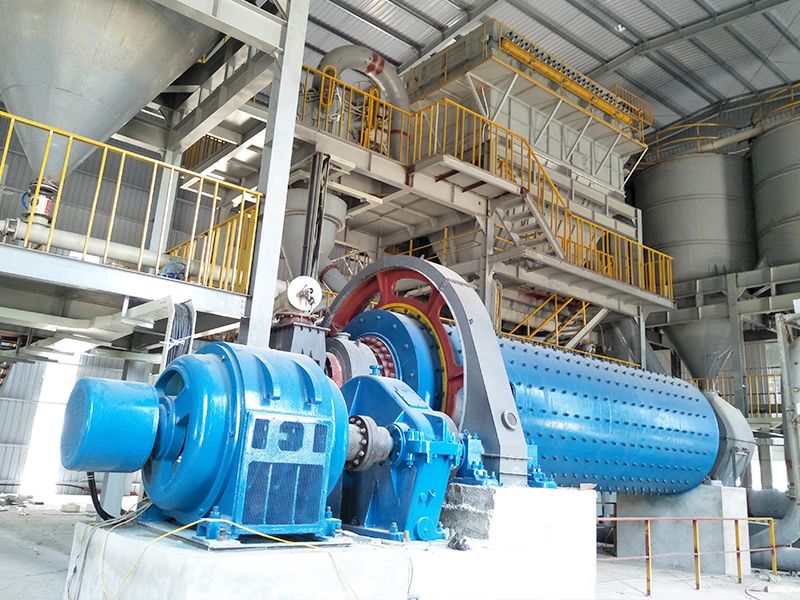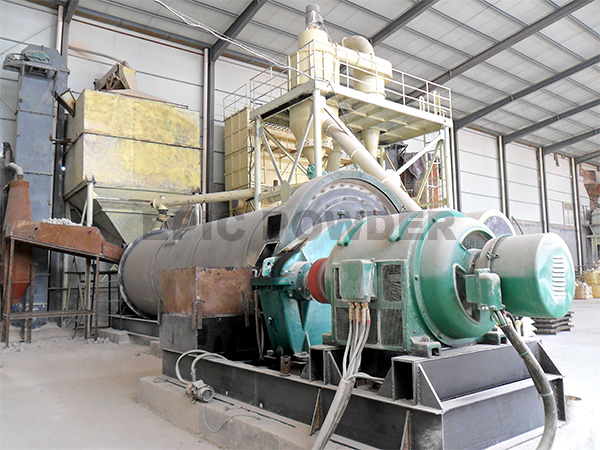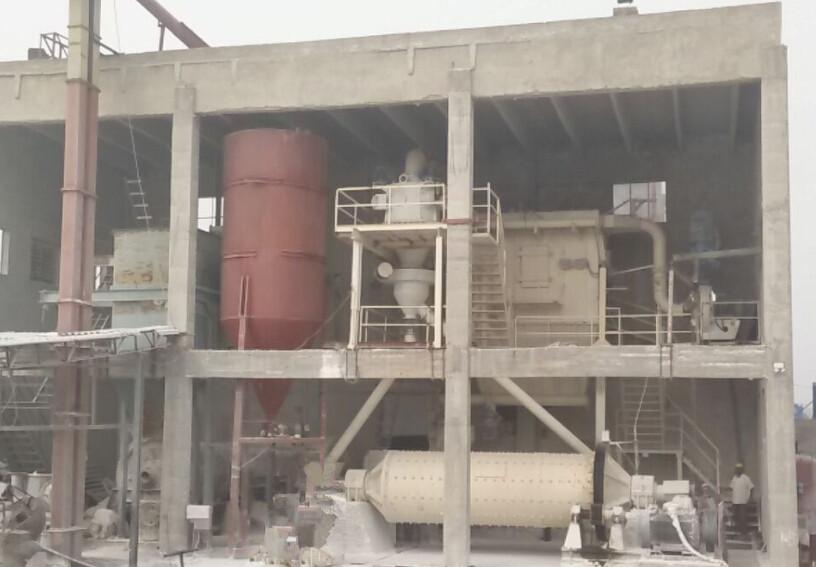NO. 369, Road S209, Huanxiu, Qingdao City, China
Jet mill
What are the advantages and disadvantages of jet mills?
Jet mills are a type of equipment used in the pharmaceutical, chemical, and food industries for particle size reduction. They work by using high-pressure gas or air to create a powerful vortex that grinds particles into smaller sizes. Like any technology, jet mills have advantages and disadvantages that must be considered before deciding if they are the right option for a particular application.Advantages of Jet Mills:
1. High Efficiency: Jet mills are extremely efficient when it comes to reducing particle size. This is because their design allows for high velocity and high impact collisions between particles and the walls of the milling chamber, resulting in an effective grinding process.
2. Narrow Particle Size Distribution: Due to the high energy input provided by jet mills, they can produce very narrow particle size distributions, which is important in many industries where uniformity is key, such as pharmaceuticals.
3. No Contamination: Jet mills do not require any mechanical parts to come into contact with the material being processed, meaning there is no risk of contamination from wear and tear on machinery.
4. Versatility: Jet mills can handle a wide variety of materials and can be used for both dry and wet grinding applications.
5. Scale-up: Jet mills are easily scalable from laboratory to production scale, making them suitable for companies looking to scale up their operations.
Disadvantages of Jet Mills:
1. High Cost: Jet mills can be expensive when compared to other types of milling equipment. This is due to their complex design and the high pressures and velocities required to operate them.
2. Complexity: The design of jet mills is complex, which can make them difficult to operate and maintain. Operators need to have a good understanding of the technology to ensure proper operation and maintenance.
3. Noise: Jet mills can be quite noisy during operation, which can be a concern in some environments.
4. Energy Consumption: Jet mills require a significant amount of energy to operate, especially at larger scales. This can result in high operating costs, which may be a concern for smaller companies or those operating on a tight budget.
5. Safety Concerns: Due to the high pressures and velocities involved in the grinding process, there are certain safety concerns that must be addressed when operating jet mills. Proper training and safety protocols must be established to ensure safe operation.
Conclusion:
In conclusion, jet mills offer several advantages over traditional milling equipment, including their high efficiency, narrow particle size distribution, versatility, and scalability. However, there are also several disadvantages to consider, including high cost, complexity, noise, energy consumption, and safety concerns. When evaluating whether jet mills are the right option for a particular application, it's important to carefully consider these factors and weigh the pros and cons before making a decision.




Leave a Comment